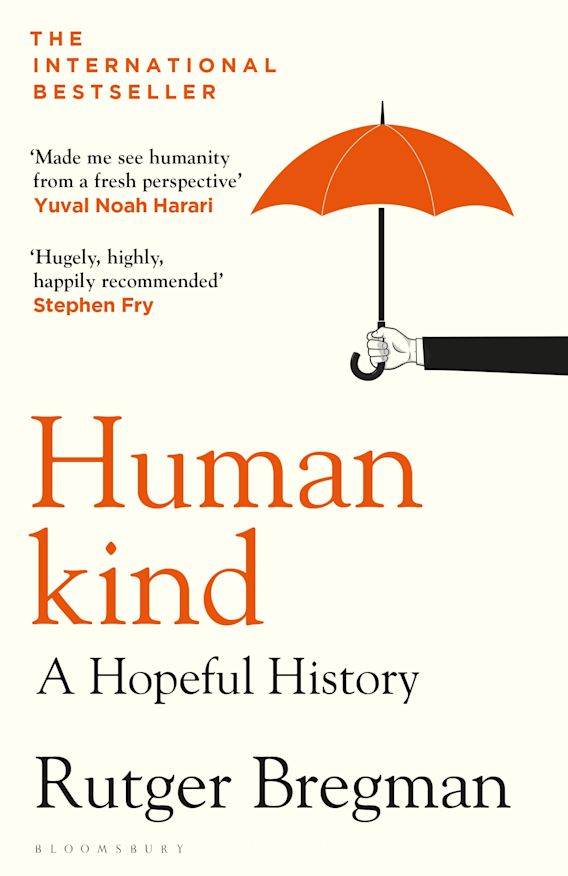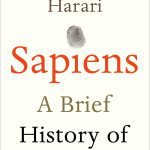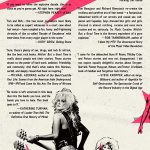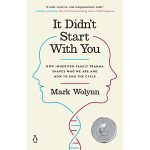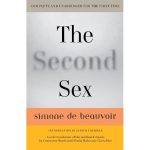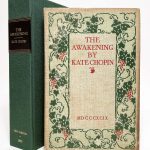Humankind: A Hopeful History by Rutger Bregman is a groundbreaking and inspiring book that brings together the latest research from psychology, history, and philosophy to offer an uplifting portrait of human nature. It challenges the long-held idea that people are inherently selfish and violent and shows us how cooperation, compassion, and altruism have been fundamental to our success throughout history. With its accessible language, engaging storytelling, and thought-provoking evidence, this book shows us how we can use our innate capacity for goodness to create a better world. This review will analyze Humankind: A Hopeful History in terms of its content, structure, strengths, and weaknesses.
Humankind: A Hopeful History Review

Humankind: A Hopeful History by Rutger Bregman is a book that unlocks the essential truth about who we really are and what we’re capable of. With powerful evidence, this book overturns long-standing beliefs and sheds light on our role as human beings in shaping a better world. Key Features of Humankind: A Hopeful History:
- An illuminating exploration of human nature.
- Highlight the power of cooperation, kindness, and compassion.
- Shows how our actions can create a brighter future for all.
- Explains why we are ultimately not driven by greed and selfishness.
This book will make you think differently about yourself and the world around you. Through his insightful research, Bregman shows us how we have more power than we realize to bring real change. He uncovers inspiring stories of people working together to make a lasting difference in difficult times—from Ancient Greece to modern-day America. With captivating argumentation, he brings clarity to complex topics like social change and global crises. And he reveals why it’s so important for us to trust in the possibilities of humankind. So if you’re looking for an enlightening read that will make you feel hopeful about the future, Humankind: A Hopeful History is your perfect choice!
Product Details
| Product Name | Author | Publisher |
|---|---|---|
| Humankind: A Hopeful History | Rutger Bregman | Little, Brown and Company |
| Description | ||
| Humankind is a captivating exploration of the history of human kindness, revealing how we are, atheart, a compassionate species. | ||
| Genre | ||
| Non-Fiction/History | ||
| Language | ||
| English | ||
| Format | ||
| Hardcover/Paperback/Kindle Edition | ||
| Publication Date | ||
| April 7, 2020 | ||
| ISBN-13 | (Hardcover) | |
| 9780316418530 | (Paperback) | |
| 9780316453377 | ||
Humankind: A Hopeful History Pros and Cons
Humankind: A Hopeful History by Rutger Bregman is a book that provides an optimistic look into the history of humans and our capacity for good. This book offers readers an inspiring outlook on humanity, challenging popular beliefs about our “dark side.” It presents evidence from anthropology, evolutionary biology, psychology, and more to argue that humans are basically good-natured and cooperative.
Pros (1): Humankind: A Hopeful History offers unique insight into the evolution of human behavior and our tendency towards cooperation rather than conflict. It reveals how this has been a part of our history since the beginning of time, and why it is essential to our future. The book also provides interesting examples of collaborative activities throughout history and how they can help us create a better future.
Cons (2): The book is heavily focused on European history, which may overlook other important stories from other cultures. Additionally, some of the theories presented in the book have yet to be proven through scientific research.
Overall, Humankind: A Hopeful History provides an enlightening perspective on human nature and its potential for collaboration. With its combination of historical analysis and modern research, it is sure to leave readers with a renewed sense of hope for humanity’s future. Whether you’re looking for an uplifting read or just curious about the evolution of human behavior, this book is definitely worth checking out!
Who are They for
Humankind: A Hopeful History is an inspiring and eye-opening book from Rutger Bregman that takes a deep dive into the history of humanity, proving that despite all the wars and destruction, our species has been far more cooperative and kind throughout history than we often give ourselves credit for. In this groundbreaking work, Bregman argues that in order to create a better future, we need to understand the past—and that by looking at our own evolution as Homo sapiens, we can find greater hope for our collective future.
Drawing upon cutting-edge archaeological research and evolutionary science, Bregman shows how human nature has been shaped by thousands of years of cooperation and collaboration—from the dawn of agriculture to the invention of money and even democracy. He examines how our innate generosity and trustworthiness have enabled us to build communities, civilizations and societies that are far more advanced than anything seen before in world history.
In Humankind: A Hopeful History, Bregman demonstrates why it’s only through understanding our commonalities as humans—our capacity for empathy, compassion and cooperation—that we can truly make progress towards a more peaceful and prosperous future for everyone on Earth. With its powerful message of hope, this insightful book provides a timely reminder that humankind is capable of so much more than what we think is possible.
My Experience for Humankind: A Hopeful History

Once upon a time, I was desperately searching for an answer to the complex and ever-changing world. I felt overwhelmed and lost amidst all of the global challenges that seemed to be constantly changing. That’s when I discovered Humankind: A Hopeful History.
This remarkable book by Rutger Bregman opened my eyes to new possibilities and showed me that there is a reason to maintain hope in our current environment. Through his captivating storytelling, he takes us through history and reveals how humans are naturally compassionate, kind and cooperative.
He beautifully explains how we can use these qualities to create a better future for mankind. With this newfound knowledge, I have been able to not only understand the world but be proactive in making it a better place.
I highly recommend Humankind: A Hopeful History to anyone looking for answers to the complexities of our global society or seeking inspiration on how to effect positive change. This inspiring work has truly changed my outlook on life and helped me become a more positive force in the world around me.
What I don’t Like
1. Lack of coverage on certain topics, such as economic inequality and the effects of colonialism.
2. Does not address current political issues.
3. Fails to provide a comprehensive analysis of global problems.
4. Limited focus on historical events, overlooking many other vital developments.
5. Does not offer a detailed examination of how to apply the lessons learned from history to current challenges.
How to Gain a Deeper Understanding of Human Nature with Humankind: A Hopeful History
In Rutger Bregman’s Humankind: A Hopeful History, readers are presented with an inspiring narrative that explores the idea of human nature. This book serves as an eye-opening guide to gaining a deeper understanding of our species and its potential for cooperation, kindness, and altruism.
The author draws on recent research in evolutionary biology, anthropology, and psychology to provide powerful evidence that humans have evolved to be cooperative, caring, and compassionate. He argues that if we embrace our innate altruistic tendencies, we can create a better world for ourselves and others.
In order to gain a deeper understanding of human nature through this book, readers should keep two main points in mind. First, it is important to remember that cooperation has been key to human survival throughout our history and will continue to be so in the future. Second, it is essential to recognize that our capacity for kindness, generosity, and empathy comes from within us – not from external sources – and must be nurtured for us to succeed as individuals and as a society.
By keeping these ideas in mind while reading Humankind: A Hopeful History, readers will gain a better understanding of how humans interact with one another and why cooperation is essential for creating a better world. As such, they will come away from the book feeling empowered to work towards making the world a better place through their actions.
Questions about Humankind: A Hopeful History
What is Humankind: A Hopeful History?
Humankind: A Hopeful History is a groundbreaking book by Rutger Bregman that looks at the history of humanity with a fresh perspective. It argues that, contrary to popular belief, our species is not inherently nasty and selfish but instead generous and capable of great kindness. With evidence from anthropology, psychology, and evolutionary biology, it provides an inspiring and hopeful vision for the future.
What topics does Humankind cover?
Humankind covers topics such as human nature, evolution, altruism, cooperation, and war. It also dives into the history of our species and why we have been so successful in spite of our propensity for conflict. In addition, it examines how we can use this knowledge to create a more peaceful, cooperative future.
Who should read Humankind?
Humankind is a must-read for anyone interested in learning more about human behavior and the potential of our species. It’s especially relevant for those looking to make sense of current events or who want to gain a greater understanding of how humans interact with each other on both an individual and global scale.

Hi, my name is Lloyd and I'm a book enthusiast. I love to read all kinds of books, from classic literature to modern fantasy, as well as non-fiction works. I also enjoy writing reviews and giving my opinion on the books that I have read.

